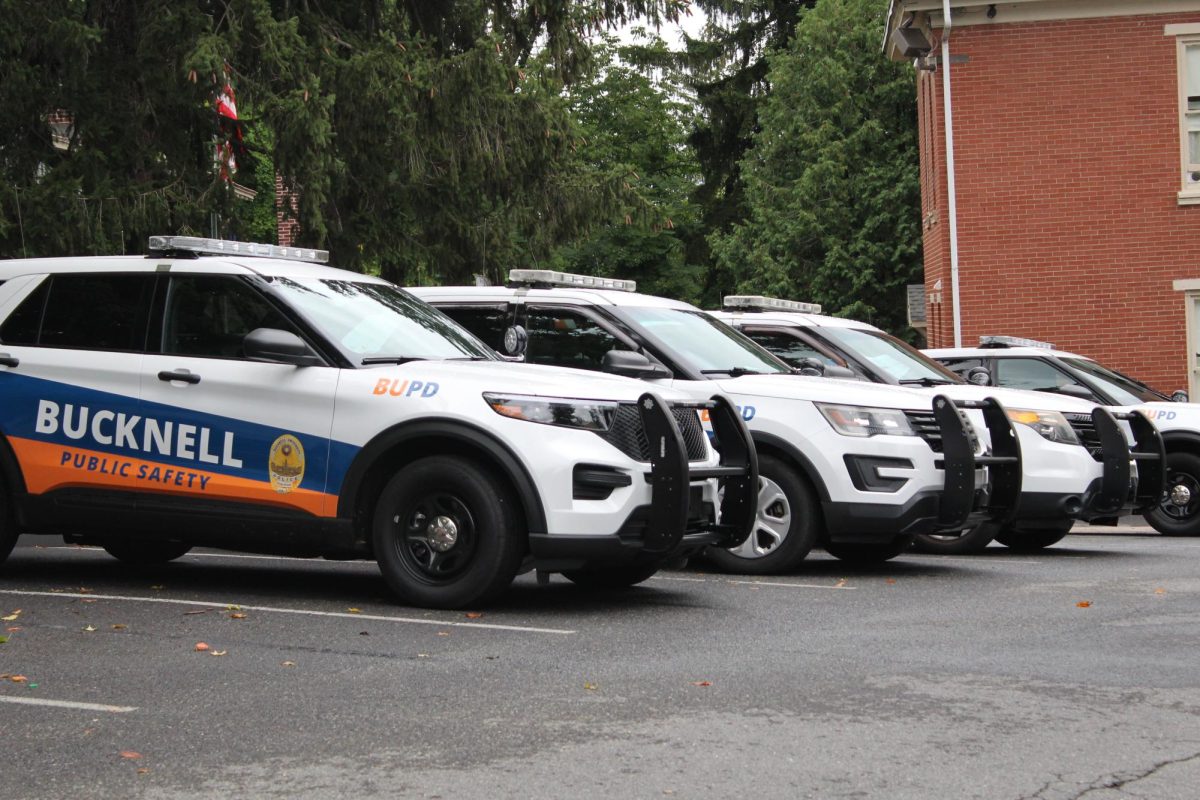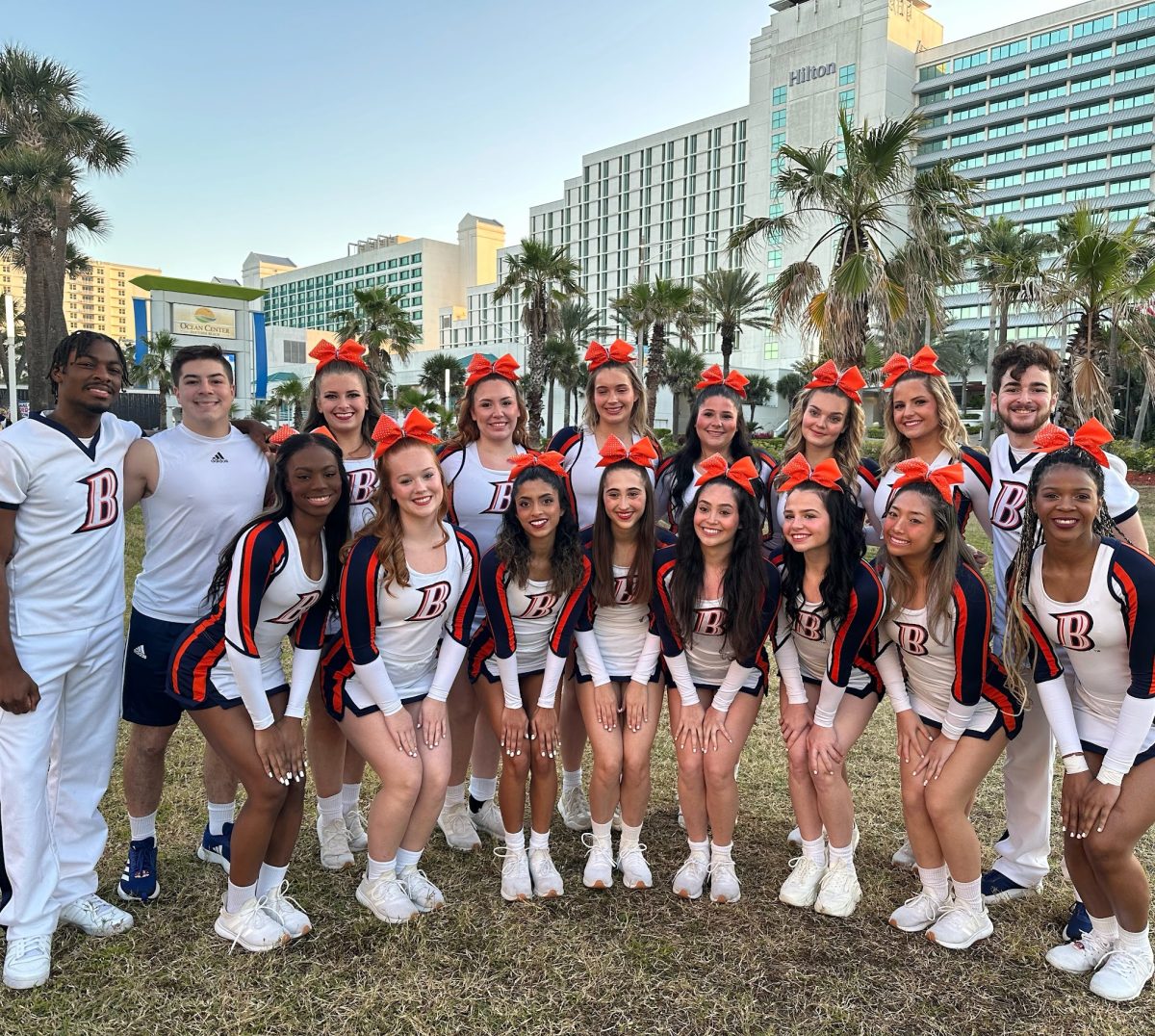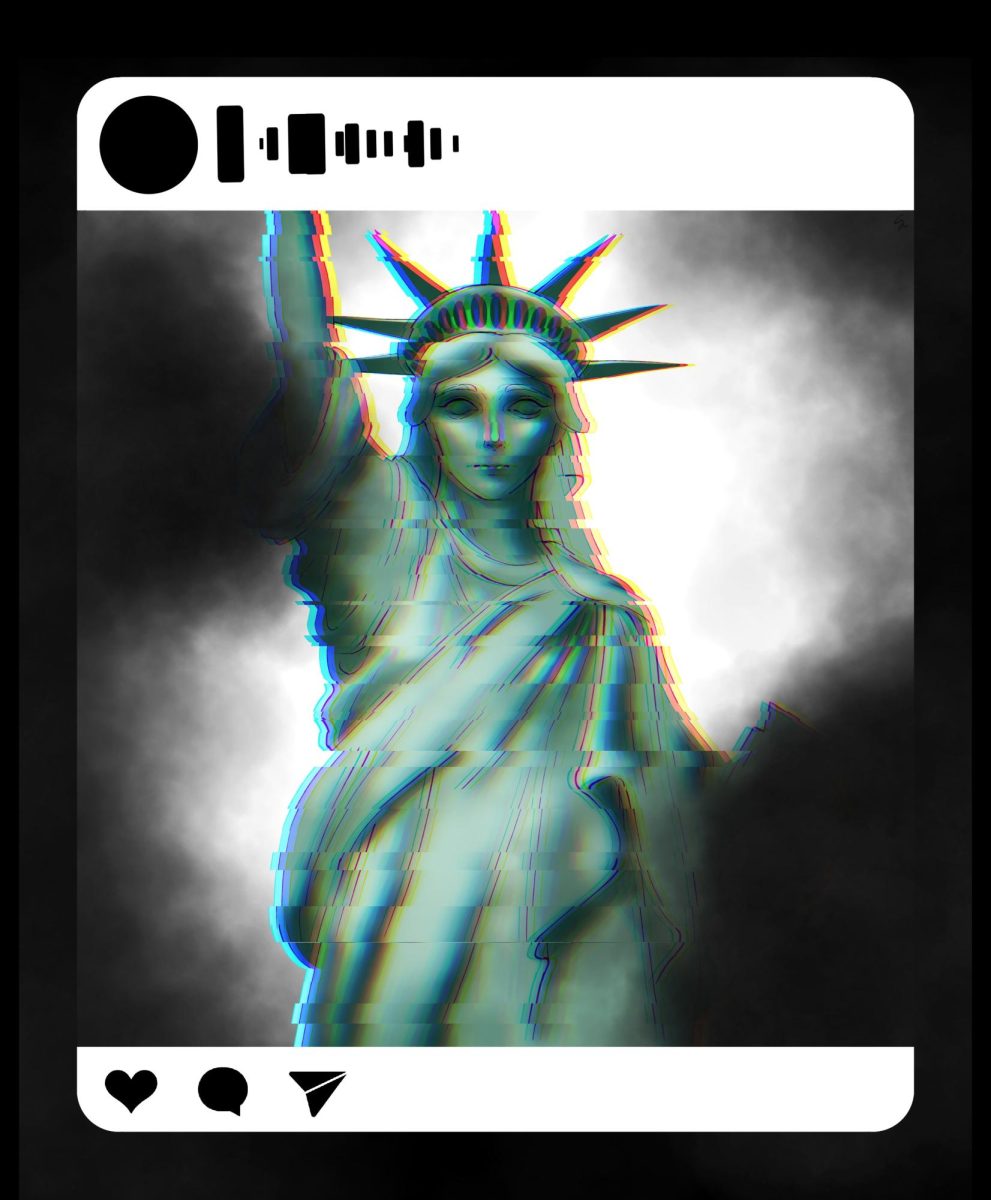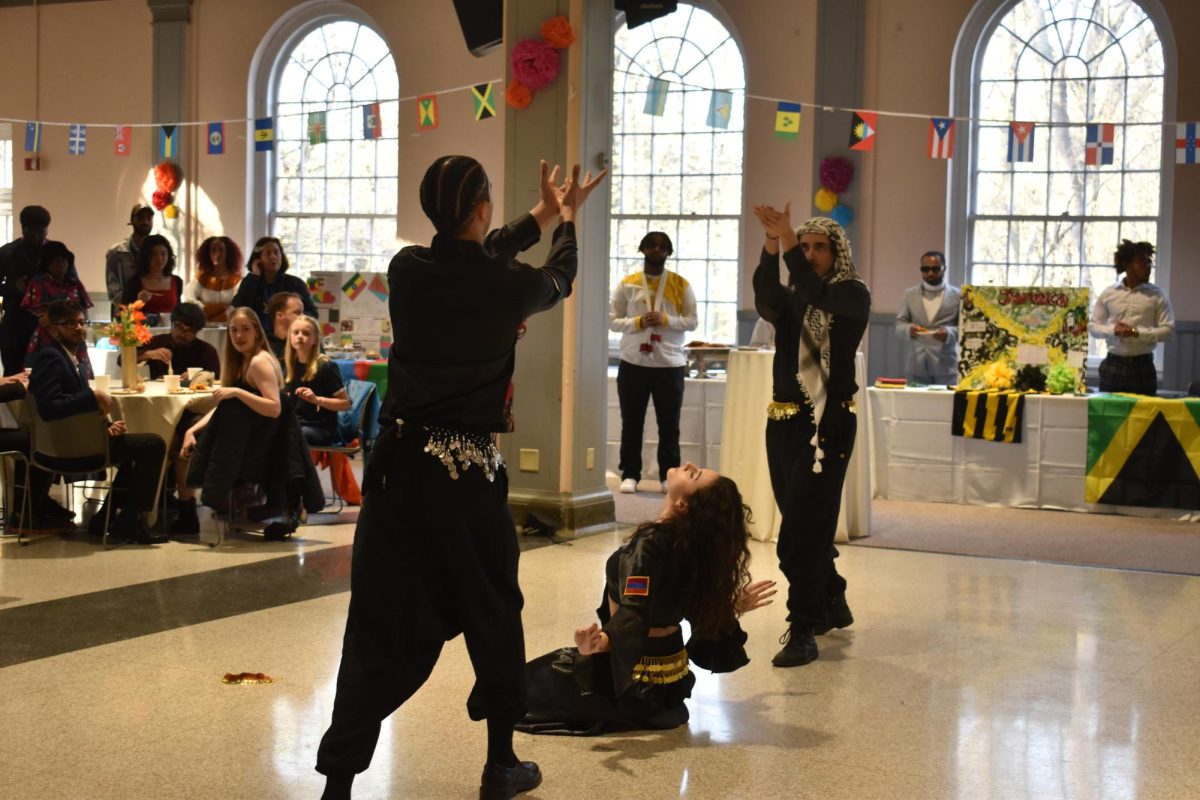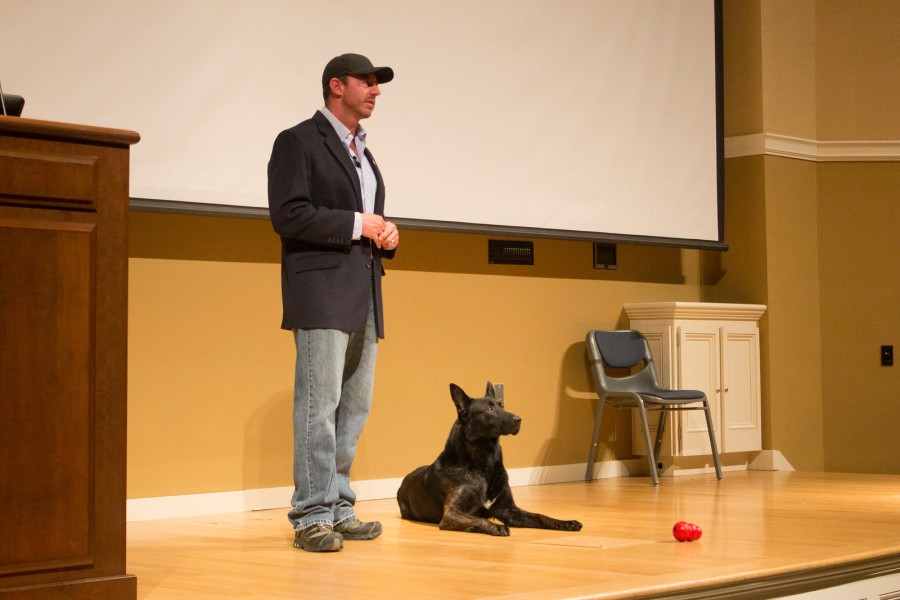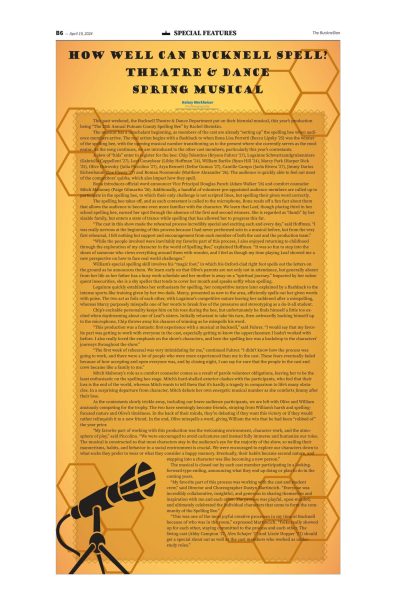Navy SEAL and dog inspire audience
February 5, 2015
Author, motivational speaker, and decorated former Navy SEAL Mike Ritland captivated his audience by recounting the life lessons he picked up from his experiences in the military during his talk at the University on Feb. 3. He began by taking a selfie with the crowd, which responded with applause. The event was sponsored by Men’s Crew, Athletics, CDC, and ROTC.
Ritland mentioned relevant experiences from his time as a Navy SEAL. He recalled hearing about the 9/11 terrorist attacks through a radio interruption. He reflected on the moment—“the point when war became very, very real,” describing it as a “punch in the gut.”
“I liked what he said about life being a series of decisions, and how we should make decisions based on what gets us the most ‘bang for our buck,’ as he put it, and never pass up an opportunity for fear of failing,”Henry Briggs ’18 said.
Ritland is known for founding the Warrior Dog Foundation—dedicated to helping retired special operations dogs live long and happy lives. He authored several books including “Trident K9 Warriors,” a New York Times bestseller, and started Trikos International, a company that specially trains canines for clients seeking personal protection and for Special Forces units within the U.S. military. Ritland’s life ventures have stemmed from his interest in canine training operations.
Ritland traced the source of his interest back to an assignment in Iraq. In April of 2003 on a deployment to Iraq, Ritland’s SEAL team was tasked with taking the city of Tikrit. Prior to clearing a building, Ritland described seeing a single purpose detection dog sit down at the doorway. He later learned that a motion sensing grenade trap had been set in the same doorway. The dog had prevented a fatal disaster.
Throughout the talk, Ritland integrated humor to keep the tone light.
“If you locked your dog and your significant other in a trunk for two hours, who’s happier to see you when you let them out?” Ritland asked.
For a time, Ritland’s interest in military dogs led him to train dogs and their handlers for deployment into units within the U.S. military. As a trainer, he was not only responsible for making sure the handler was trained, but also for making sure that the dog was prepared for deployment.
“15 guys’ lives depend on that dog’s nose,” Ritland said.
Ritland emphasized the value canine units contribute to military operations. He explained that he had written his first book, “Navy SEAL Dogs: My Tale of Training Canines for Combat,” to express the importance of the dog training programs and to ensure their continuation.
“When it comes to decisions for officers between buying more armor and keeping the dog program, they keep the program,” Ritland said.
Ritland went on to offer motivational insights he picked up throughout his career.
“Life is one step at a time. When faced with several months of getting kicked in the teeth, you learn very quickly to take life one step at a time. All I thought to myself was I got to make it to breakfast, I got to make it to dinner,” Ritland said.
Ritland intended for the lessons he shared to be applied beyond being a Navy SEAL. He encouraged audience members to apply his advice to their own lives.
“For our team these lessons resonate well, and I thought they were very transferable lessons for anyone in the room, whether you think about them in the context of the military, academics, athletics, relationships, or your career. Ultimately that was our hope, that students and members of the Bucknell community would be able to take away lessons that they can use in the future to become better students, better athletes, better employers, and better people,” Men’s Crew Head Coach Dan Wolleben, who introduced Ritland, said.
After working with dogs and being a member of a SEAL team, Ritland learned that organization is key.
“Being organized sets the tone for everything … the more organized you are in every aspect of your life, the easier everything will be,” Ritland said. Staying organized and prepared is a big part of what defines Navy SEALs—one minute they may be taking down an oil rig, and five days later they may be doing a diving expedition.
He advised audience members to surround themselves with people who will impact them positively. He also explained his outlook on failure.
“One piece of advice that hell week taught me: do not be afraid to fail; failing is a part of life. You’re cutting yourself off at the feet by being afraid to fail,” Ritland said.
In addition to not being afraid of failure Ritland also advised audience members not to be afraid of self reevaluation.
“What you want today may not be what you want in a year. Life is short, so don’t be afraid to do what you want. Don’t be kennel blind—be honest with yourself.” Ritland said.
Ritland brought up a saying taught to Navy SEALs, “good enough never is.” If you have that expectation of yourself, you’ll never stop being competitive and always strive to the next level.
Toward the end of the talk, the tone of the room became more somber as Ritland reflected on the deaths of his colleagues and friends. He explained that over the years, such news has not gotten easier, but it has taught him that life is a gift and every moment should be appreciated.
After his talk Ritland introduced his current dog Tigo, who was met with awes of affection as he ventured into the audience. Tigo exemplified the qualities that go into the dogs Ritland trains.
The optimal dog must be capable of ferocity, but also capable of assimilation into a common household. Ritland spends months looking for a dog and then spends 24/7 training until the dog is ready. Although Ritland gets attached to his temporary companions, he understands the significant impact the dogs have on the families of the clients that need them. Letting go of them is “part of the business,” Ritland said.

